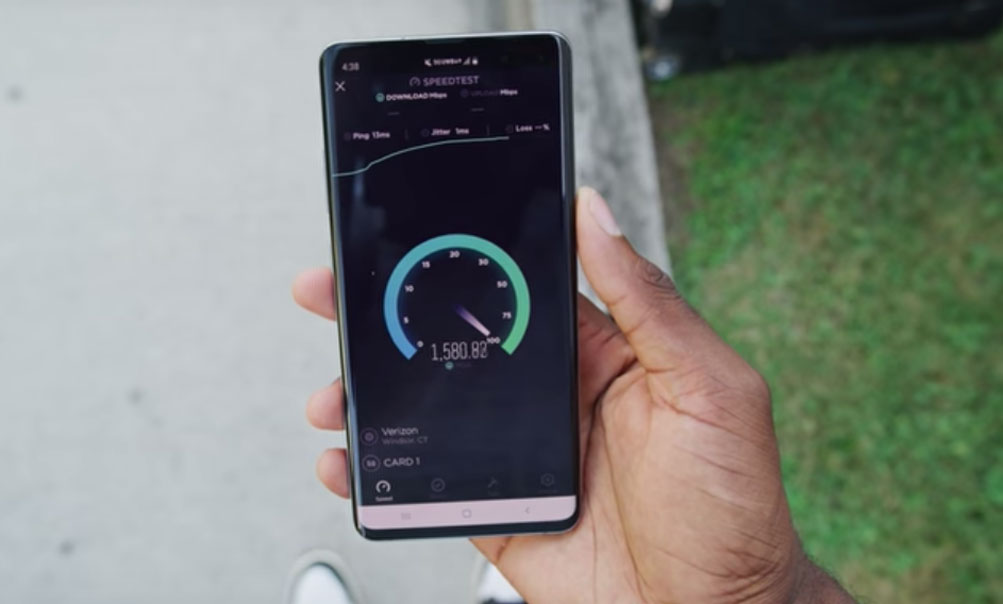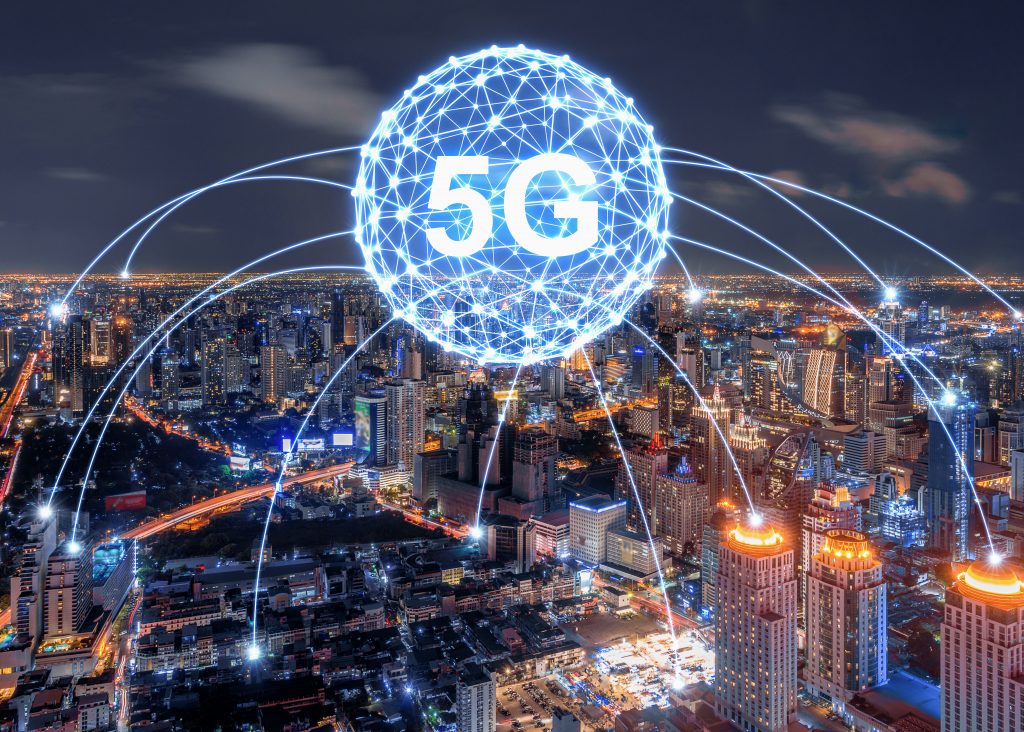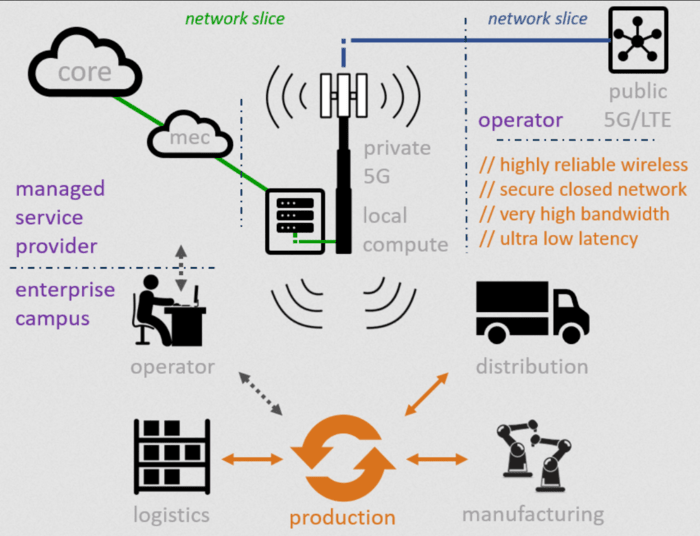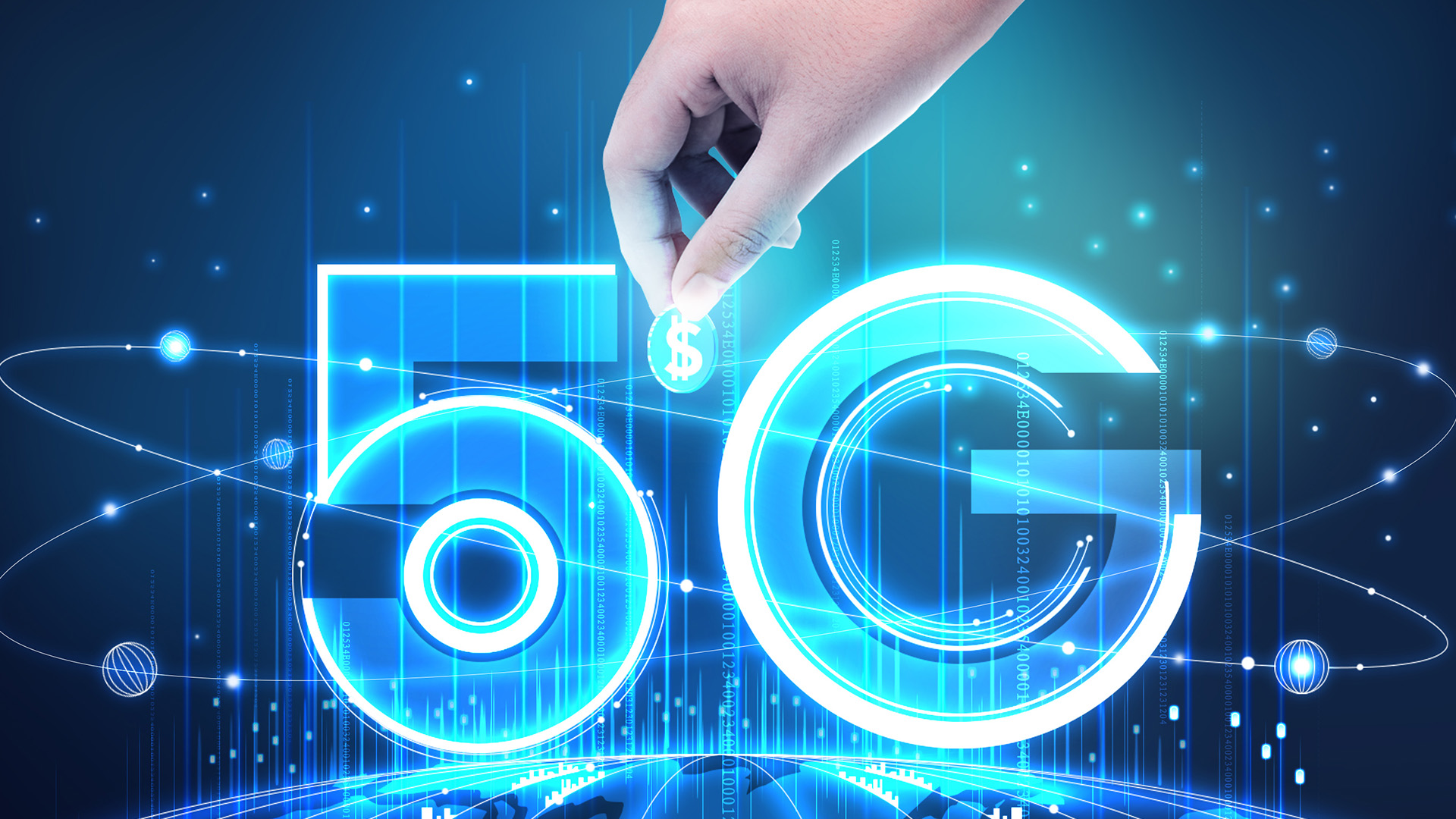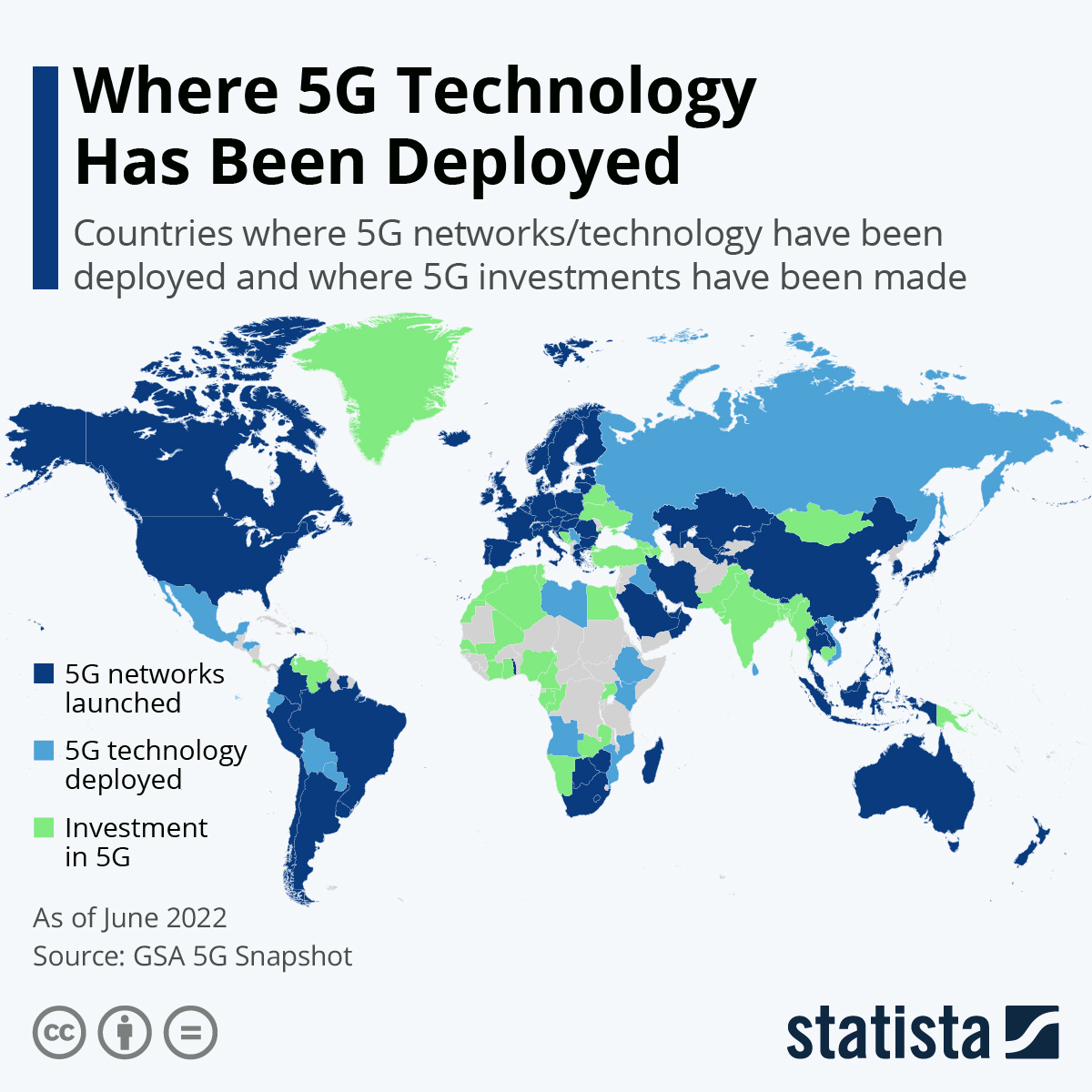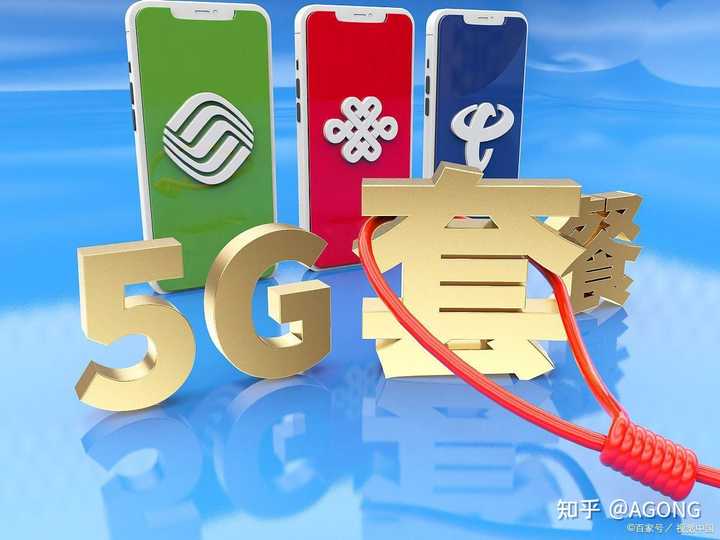The advent of 5G technology has been met with a mix of excitement and trepidation. On one hand, the promise of faster speeds, lower latency, and greater connectivity has many tech enthusiasts eagerly anticipating the possibilities. On the other hand, concerns about health risks, conspiracy theories, and the impact on our daily lives have sparked intense debate. In this article, we'll delve into the world of 5G, exploring its definition, speed, benefits, health concerns, and conspiracy theories to separate fact from fiction.
What is 5G?
5G, or fifth-generation wireless technology, is the latest iteration of cellular network technology. It's designed to provide faster data transfer rates, lower latency, and greater connectivity than its predecessors. With 5G, users can expect download speeds of up to 20 Gbps, compared to 4G's 100 Mbps. This means that 5G can support a vast array of applications, from enhanced mobile broadband to mission-critical communications, massive machine-type communications, and ultra-reliable low-latency communications.
Benefits of 5G
The benefits of 5G are numerous and far-reaching. Some of the most significant advantages include:
Faster speeds: 5G's rapid data transfer rates enable seamless video streaming, online gaming, and cloud computing.
Lower latency: With latency as low as 1 ms, 5G reduces delays and enables real-time communication, making it ideal for applications like remote healthcare and online education.
Greater connectivity: 5G supports a vast number of devices, making it perfect for IoT (Internet of Things) applications, smart cities, and industrial automation.
Enhanced mobile broadband: 5G provides a more reliable and consistent mobile broadband experience, even in areas with high user density.
Health Concerns
One of the most significant concerns surrounding 5G is its potential impact on human health. Some worry that the increased exposure to radiofrequency electromagnetic fields (RF-EMF) could lead to health problems, such as cancer, neurological damage, and reproductive issues. However, numerous scientific studies have found no conclusive evidence to support these claims. The World Health Organization (WHO) and other reputable health organizations have established safety guidelines for RF-EMF exposure, which 5G networks are designed to meet.
Conspiracy Theories
Despite the lack of scientific evidence, conspiracy theories surrounding 5G have proliferated. Some claim that 5G is a tool for mass surveillance, population control, or even mind control. Others believe that 5G is responsible for the spread of COVID-19 or other diseases. These theories are baseless and have been thoroughly debunked by experts. It's essential to rely on credible sources of information and avoid spreading misinformation.
In conclusion, 5G technology has the potential to revolutionize the way we live, work, and communicate. While concerns about health risks and conspiracy theories have been raised, the scientific consensus is clear: 5G is safe, and its benefits far outweigh the risks. As we continue to roll out 5G networks worldwide, it's essential to separate fact from fiction and rely on credible sources of information. By doing so, we can unlock the full potential of 5G and create a brighter, more connected future for all.
Note: This article is for informational purposes only and is not intended to provide medical or scientific advice. If you have concerns about 5G or any other topic, please consult reputable sources and experts in the field.
